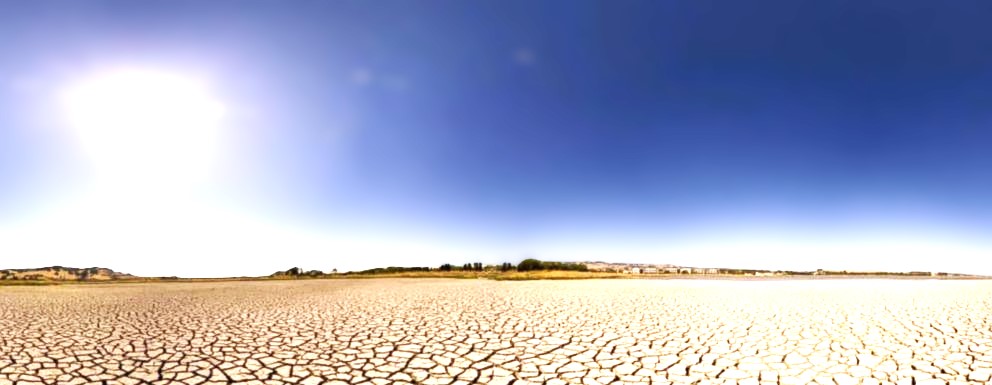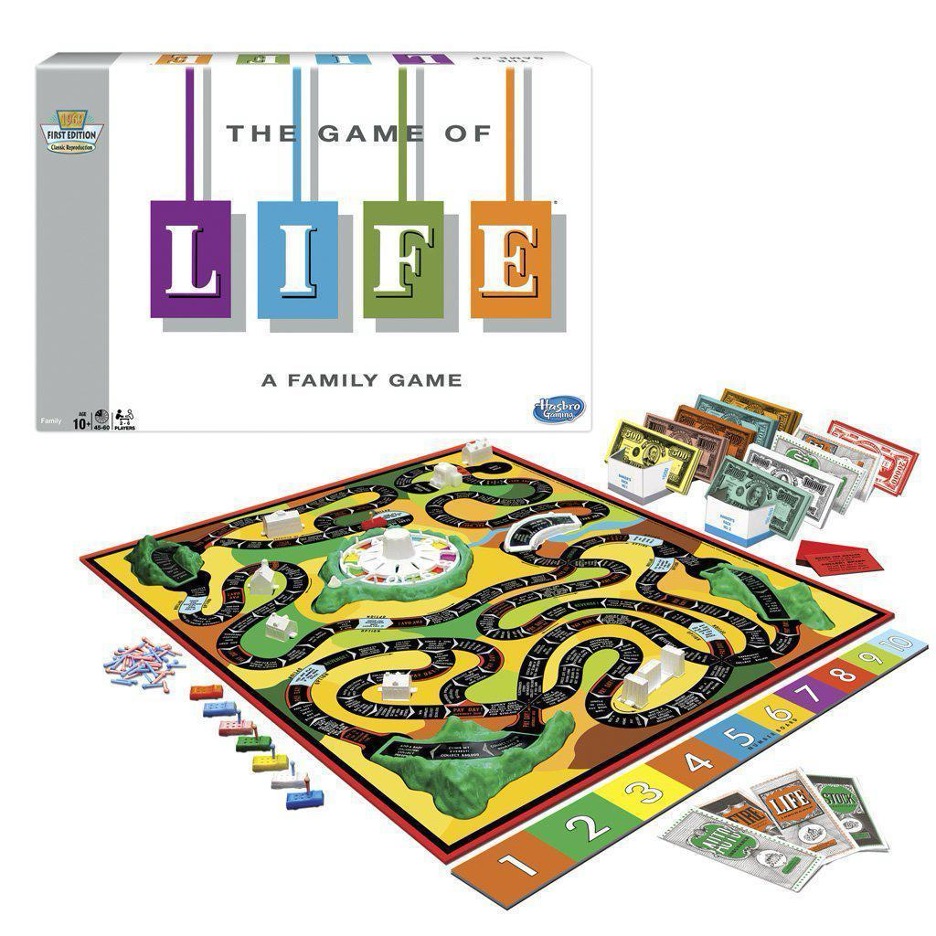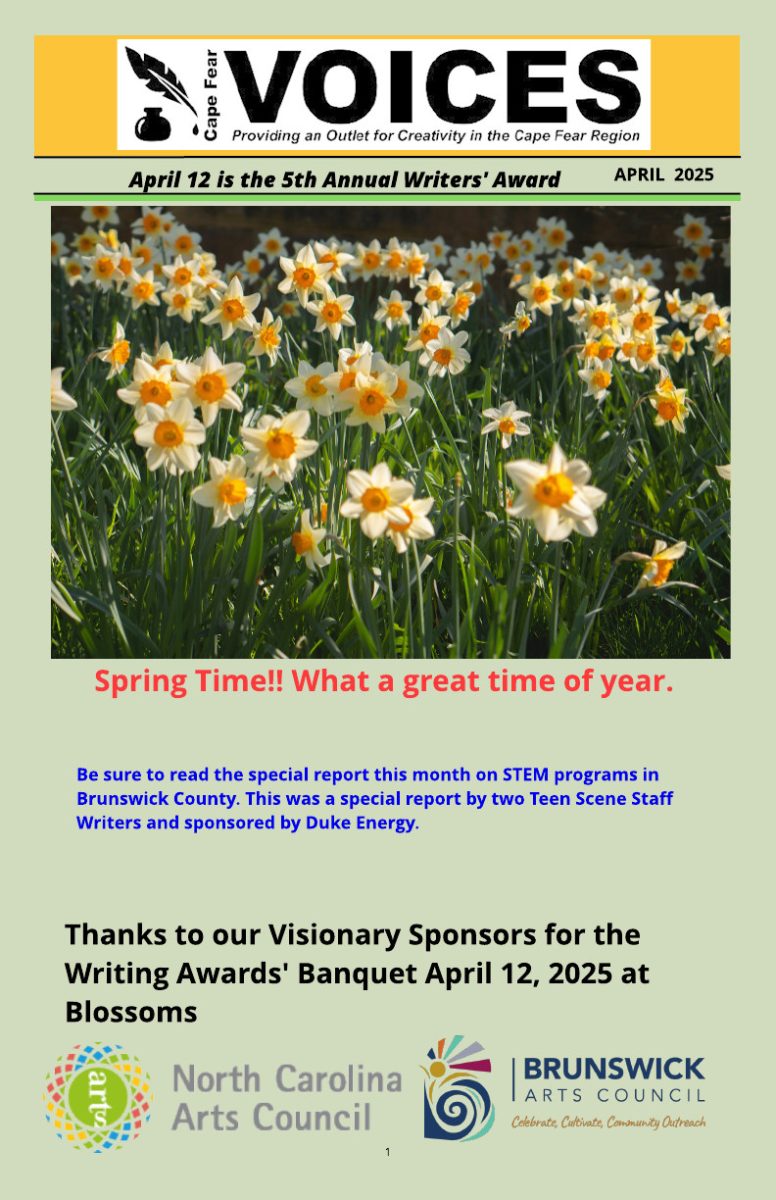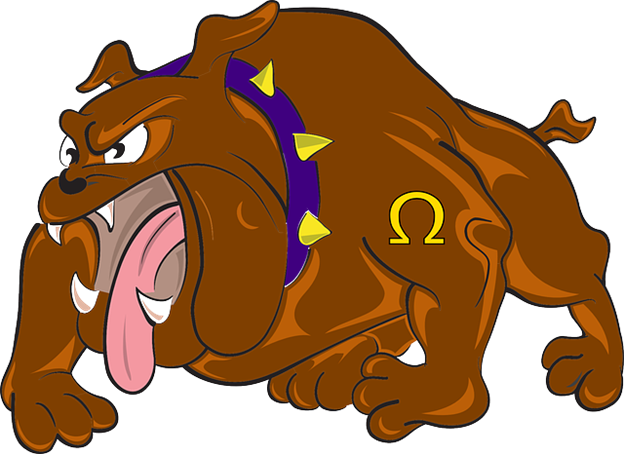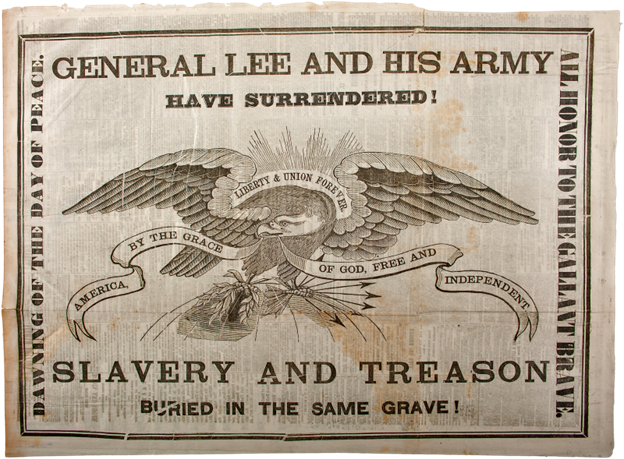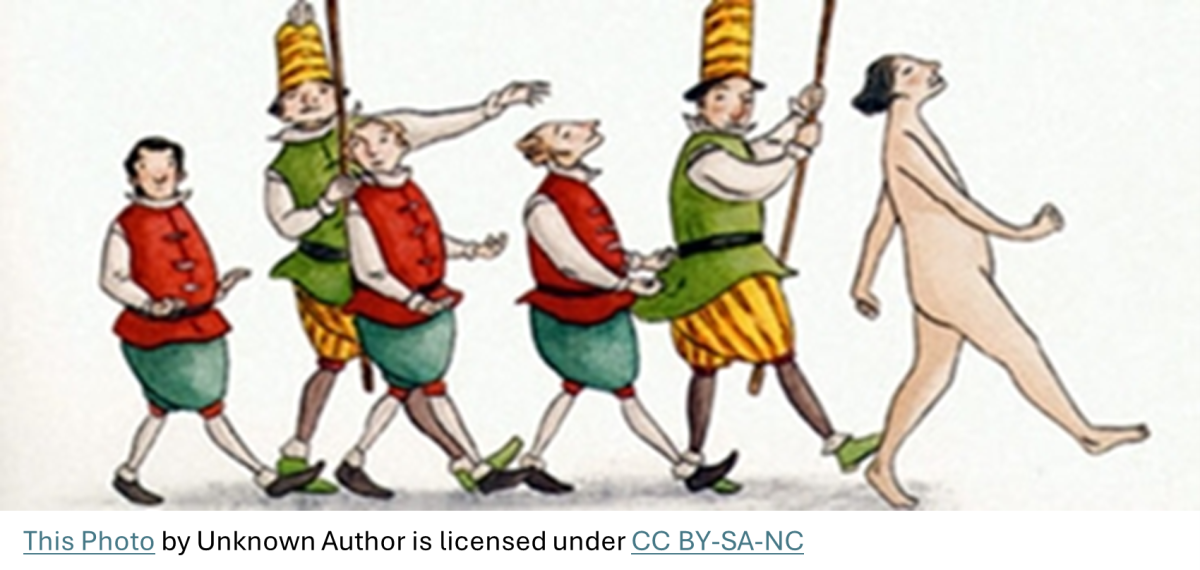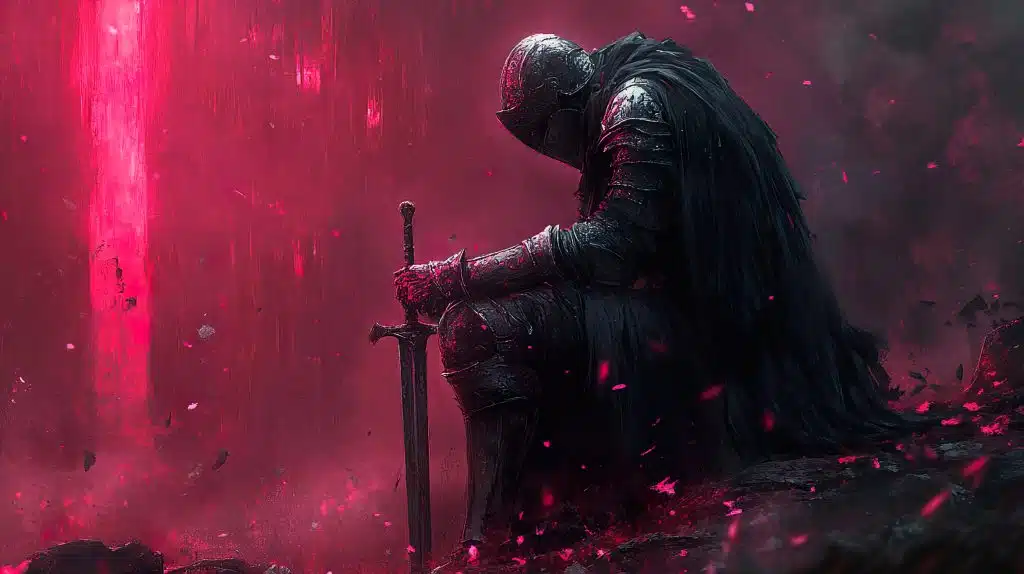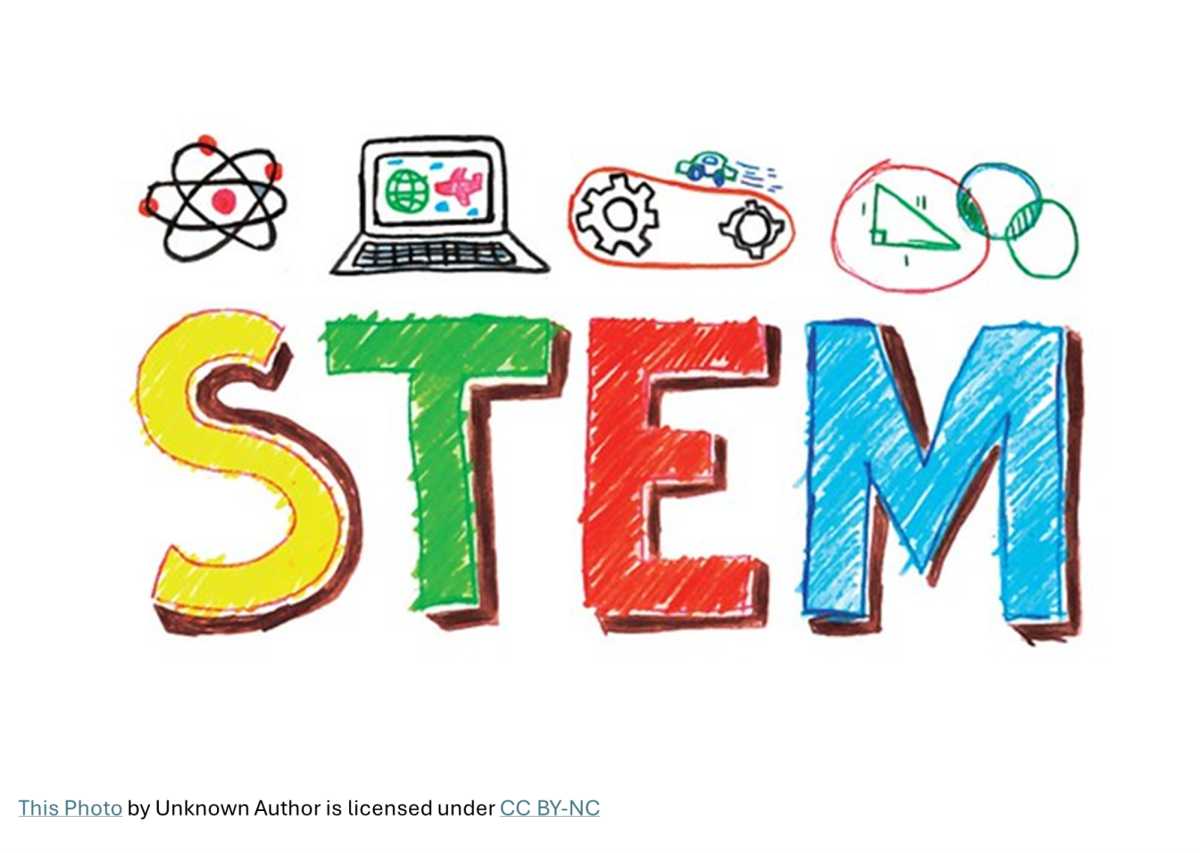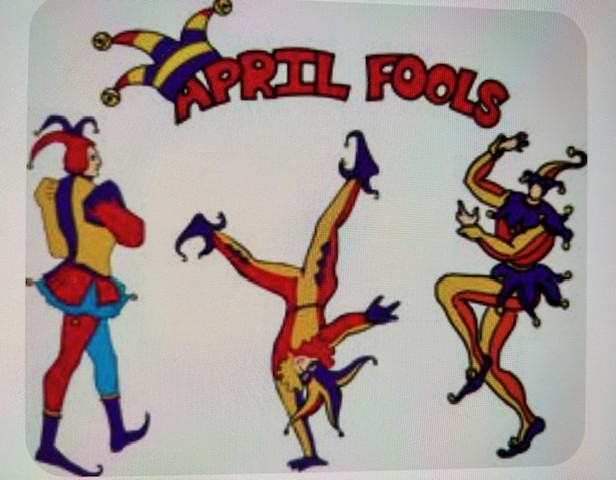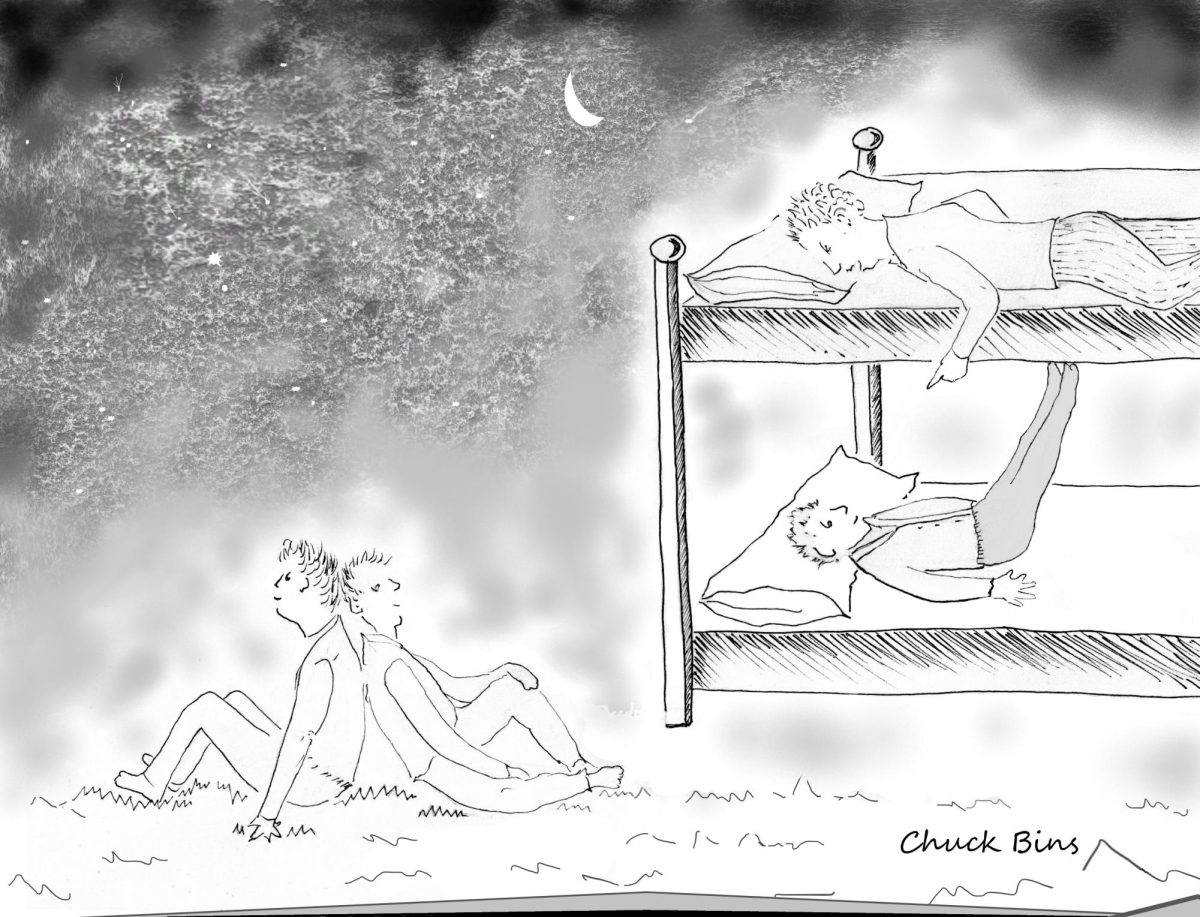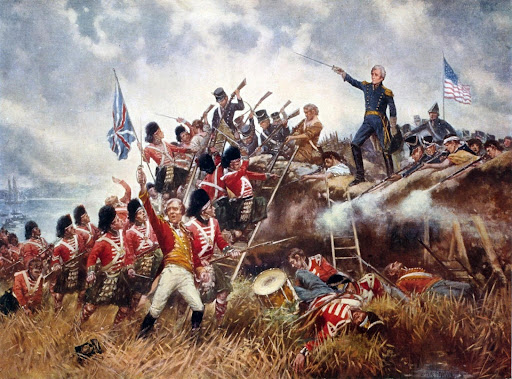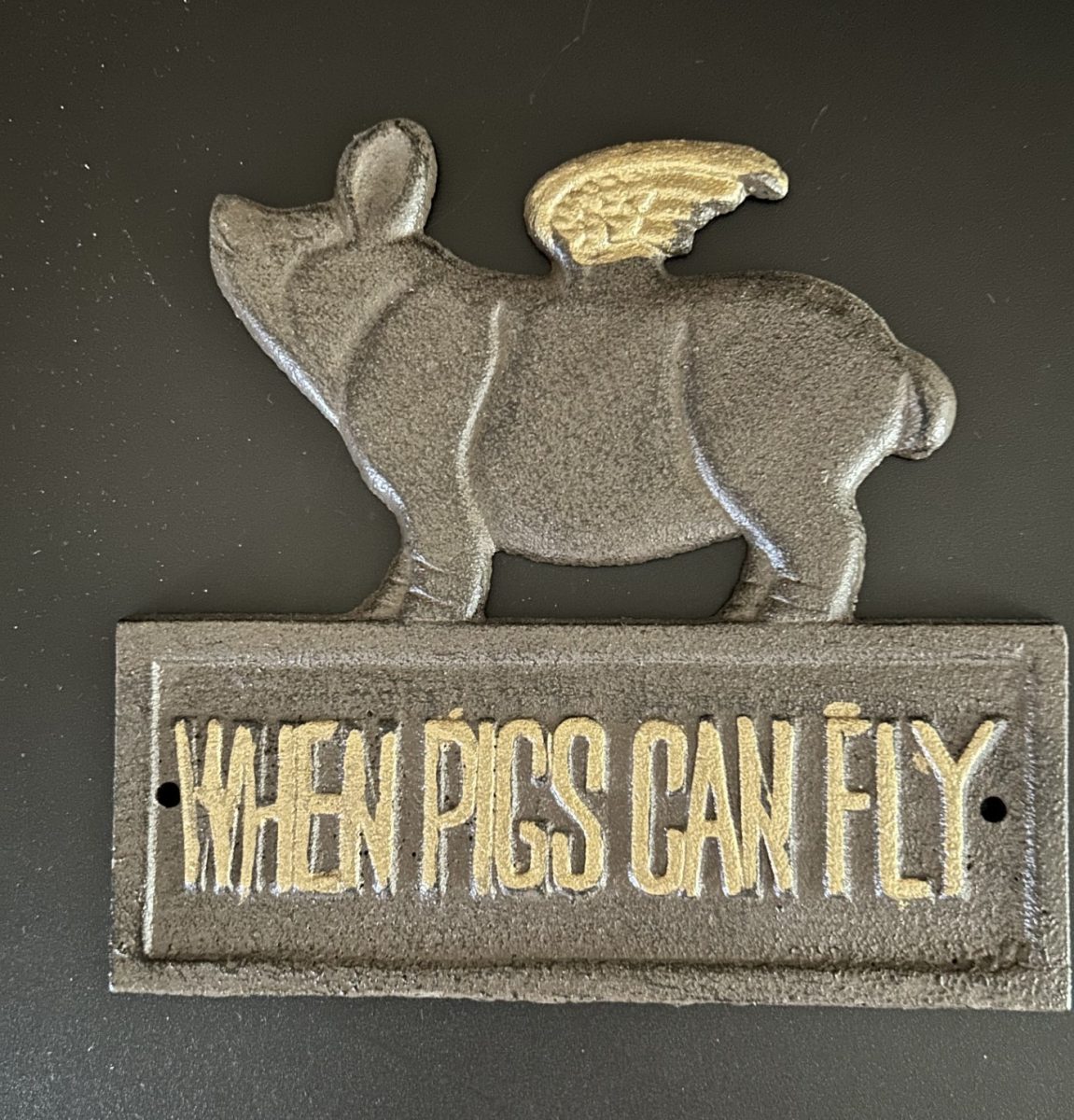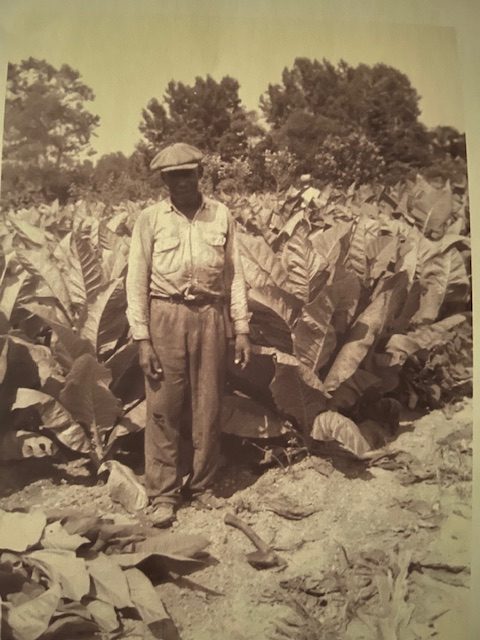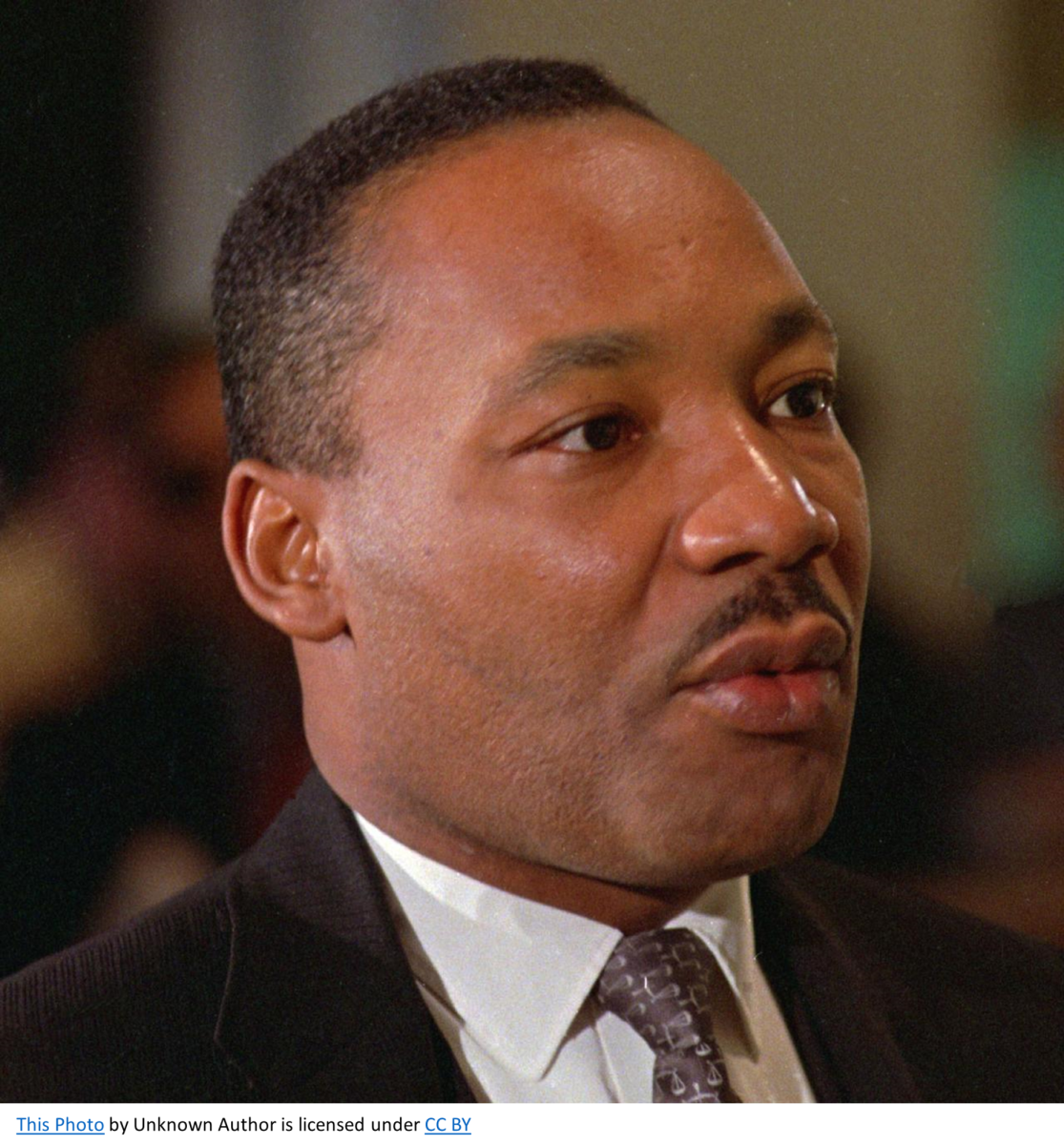On September 27, 1962, America’s chemical giants received some unpleasant news, causing panic in their respective boardrooms. The impunity they’d enjoyed for over a century became an endangered species. Their greenwashing deceptions were unmasked by one person’s ethical stance in putting her country and its environment ahead of profit.
Rachel Carson’s Silent Spring created a furor when it was published. She laid out a carefully prepared case supported by scientific evidence demonstrating that powerful synthetic insecticides such as DDT were poisoning food webs, endangering entire ecosystems: “Sprays, dusts and aerosols are now applied almost universally to farms, gardens, forests and homes – non-selective chemicals that have the power to kill every insect, the ‘good’ and the ‘bad’ to still the song of the birds and the leaping of fish in the streams, to coat the leaves with a deadly film and to linger on in the soil – all this though the intended target may be only a few weeds or insects.”
To the chemical industry, this was sacrilege, “an attack on the saviors of the free world and trustees of prosperity.” They circled the political wagons. Shouts of blasphemy and persecution arose from the CEOs of Monsanto, DuPont and others where their victimization was detailed in press releases. The attempts to undermine Carson’s findings were a tawdry PR stunt, a manipulative tactic to gain public and legislative support. These companies claimed DDT’s opponents liked to “cry wolf” and practiced “voodoo science.” Their victimization ploy didn’t work. They’d grown accustomed to operating in a laissez-faire environment. However, a few began to suspect DDT use resulted in adverse environmental effects on wildlife and posed human health risks.
The former Secretary of Agriculture, Ezra Taft Benson, took the attack on Carson to new lows, “Why is a spinster with no children so interested in genetics. She’s probably a communist.” This degrading style of personal attack was used by the same chemical and petrochemical companies that assisted the IG Farben cartel in supplying the Nazi war effort with synthetic fuel, rubber, and other chemicals. As a sidelight, IG Farben also manufactured Zyklon-B, the nerve gas used to kill millions at the concentration camps of Auschwitz and Birkenau. These “patriotic” American industries also shipped 500 tons of tetraethyl lead to IG Farben in 1938 which the Luftwaffe needed for aviation fuel. In 1942, when the United States was heavily involved in World War II, Standard Oil, using a shell company named Standard IG Farben, supplied the Nazis with oil diverted through Switzerland to refuel German submarines in the Channel Islands. When Standard Oil was charged under the “Trading with the Enemy Act,” John D. Rockefeller, Standard Oil’s founder, threatened to stop supplying the U.S. with crucial supplies of war-time oil if the federal investigation continued. Later, a contemptibly small $5,000 fine was paid in retribution.
But Carson had committed an unpardonable sin; she’d overstepped her place as a woman. She was vindicated after her death from breast cancer by a comprehensive report commissioned by President Kennedy. DDT was eventually outlawed. But the chemical industry has a long memory, and they came back with a vengeance. They promised to shred those bothersome environmental regulations, but their attempt failed.
Rachel Carson’s Silent Spring is her enduring legacy. Her courage and research created a global environmental movement and led to significant policy changes, including the nationwide ban on DDT and other harmful pesticides. Even so, three countries; India, China and North Korea continue to manufacture and use DDT. Go figure!
Global ecology has received a warning from science and a “wake-up call” from nature; it is now our responsibility to heed them or suffer the consequences of our ecocidal behavior.
A quotation attributed to John Hollow Horn of the Oglala Lakota Nation in 1932 sums up mankind’s environmental quandary: “Some day the earth will weep, she will beg for her life, she will cry with tears of blood. You will make a choice, if you will help her or let her die, and when she dies, you too will die.”

